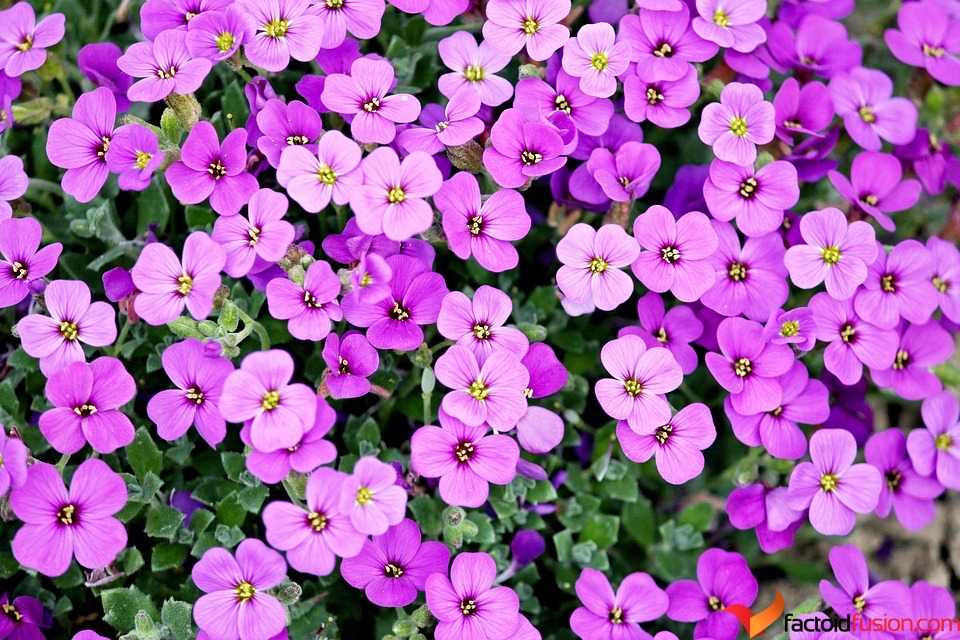Exploring Different Types of Garden Mulch and Their Benefits
If you are looking for ways to improve the health and appearance of your garden, using mulch can be a great option. Mulch not only helps to suppress weeds and retain moisture in the soil, but it also provides a range of other benefits. In this article, we will explore the different types of garden mulch and their benefits.
Types of Garden Mulch
Organic Mulch
– Wood chips
– Bark
– Straw
– Leaves
Synthetic Mulch
– Plastic
– Rubber
Benefits of Using Garden Mulch
Suppresses Weeds
– Mulch helps to prevent the growth of weeds by blocking out sunlight and creating a barrier between the soil and weed seeds.
Retains Moisture
– Mulch helps to retain moisture in the soil, reducing the need for frequent watering and helping to keep plants healthy and hydrated.
Improves Soil Health
– As mulch breaks down, it adds organic matter to the soil, improving its structure and fertility.
Enhances Aesthetic Appeal
– Mulch can add a polished look to your garden beds, making them visually appealing and well-maintained.
Regulates Soil Temperature
– Mulch acts as an insulator, helping to keep the soil temperature consistent and protecting plant roots from extreme heat or cold.
Choosing the Right Mulch for Your Garden
When selecting mulch for your garden, it is important to consider the specific needs of your plants, the climate in your area, and your aesthetic preferences. Organic mulches are better for improving soil health, while synthetic mulches are long-lasting and low-maintenance.
Conclusion
Garden mulch is a valuable tool for improving the health and appearance of your garden. By exploring the different types of mulch and their benefits, you can make an informed decision about which option is best for your garden.
FAQs
1. Can I use mulch around all types of plants?
Yes, most plants benefit from the use of mulch. However, it’s important to select the right type of mulch for each specific plant’s needs.
2. How often should I replace my garden mulch?
Organic mulches should be replenished annually, while synthetic mulches can last for several years before needing to be replaced.
3. Will mulch attract pests to my garden?
Using organic mulch can attract pests, so it’s important to monitor your garden for any signs of pest infestation.
4. Can I use mulch in vegetable gardens?
Yes, mulch is beneficial for vegetable gardens as it helps to retain moisture and suppress weeds.
5. Is it necessary to remove old mulch before applying new mulch?
It’s generally a good idea to remove old mulch before applying new mulch to allow for proper aeration and to prevent the build-up of mold and fungus.
By considering the different types of mulch and their benefits, you can make an informed decision that will enhance the health and appearance of your garden. Whether you opt for organic or synthetic mulch, the benefits of using mulch are numerous and can make a significant difference in the success of your garden.

